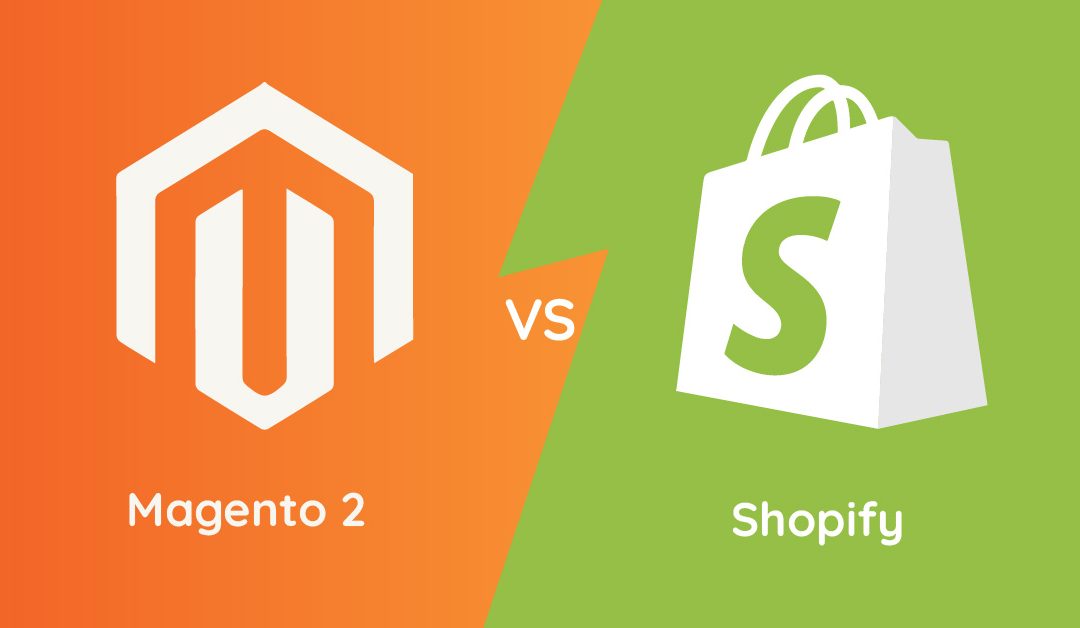
Magento 2 and Shopify are popular eCommerce platforms with different strengths, suitable for different types of businesses. Here’s a breakdown of their main differences:
1. Ease of Use
- Shopify: User-friendly and designed for ease of use, even for beginners. It’s a hosted platform, so you don’t need to worry about setting up hosting or extensive technical know-how.
- Magento 2: Known for its flexibility and customizability, but it has a steeper learning curve and often requires developer support for setup and maintenance. It’s best suited for users comfortable with coding or those who have developer resources.
2. Customization and Flexibility
- Shopify: Offers a range of themes and apps but is somewhat limited in customization due to its hosted, closed-source nature.
- Magento 2: Open-source, allowing for extensive customization and functionality. This makes it highly adaptable for unique business needs, though it requires more technical knowledge to harness its full potential.
3. Cost
- Shopify: Subscription-based with pricing tiers (e.g., Basic, Shopify, Advanced). The monthly fees include hosting, SSL, and basic security.
- Magento 2: Free community version and a paid enterprise version, which can be costly. You’ll need to budget for hosting, security, and developer costs.
4. Performance and Scalability
- Shopify: Reliable performance for small-to-medium businesses. However, very large or complex stores may feel limited.
- Magento 2: Known for its ability to scale well, handling large catalogs and high traffic. It’s ideal for larger businesses that need robust performance and flexibility.
5. SEO and Marketing
- Shopify: Offers solid SEO features but can be limited in more advanced SEO customizations compared to Magento.
- Magento 2: Provides extensive SEO options, with more control over URL structures, metadata, and other factors, making it strong for SEO-focused businesses.
6. Integrations and Extensions
- Shopify: Has an app store with numerous third-party integrations that are easy to install, though you may have to pay for some.
- Magento 2: Offers a vast library of extensions and allows for custom integrations, providing higher flexibility, though setup might require technical expertise.
Ideal Use Cases
- Shopify: Best for small to medium-sized businesses, startups, or anyone needing a quick, easy setup without heavy customization.
- Magento 2: Suitable for larger businesses or those with complex requirements, needing more flexibility and willing to invest in technical support.
Conclusion
If you’re looking for ease of use and a fast setup, Shopify is an excellent choice. For complex, scalable, and highly customizable eCommerce needs, Magento 2 provides the flexibility and performance needed.


